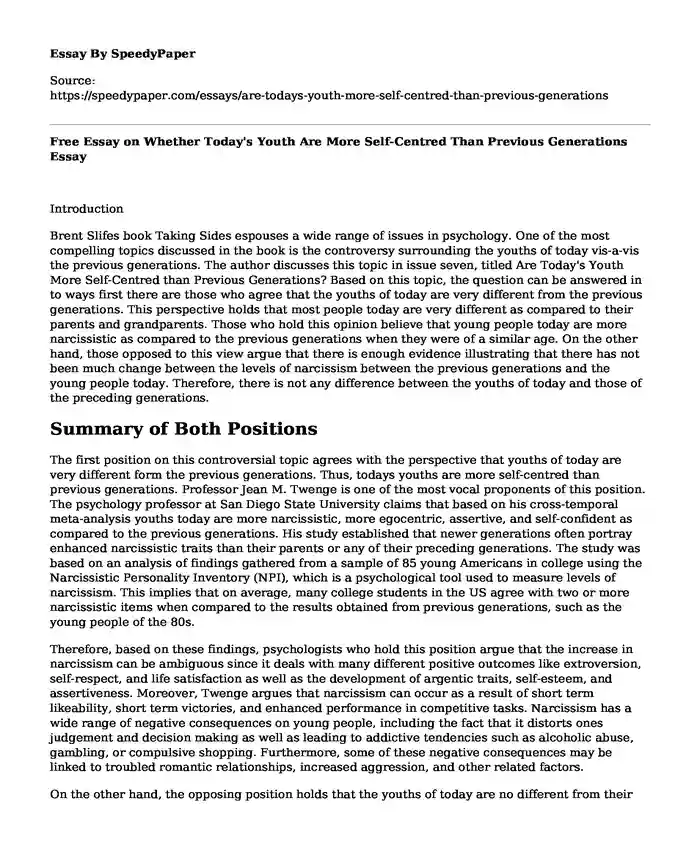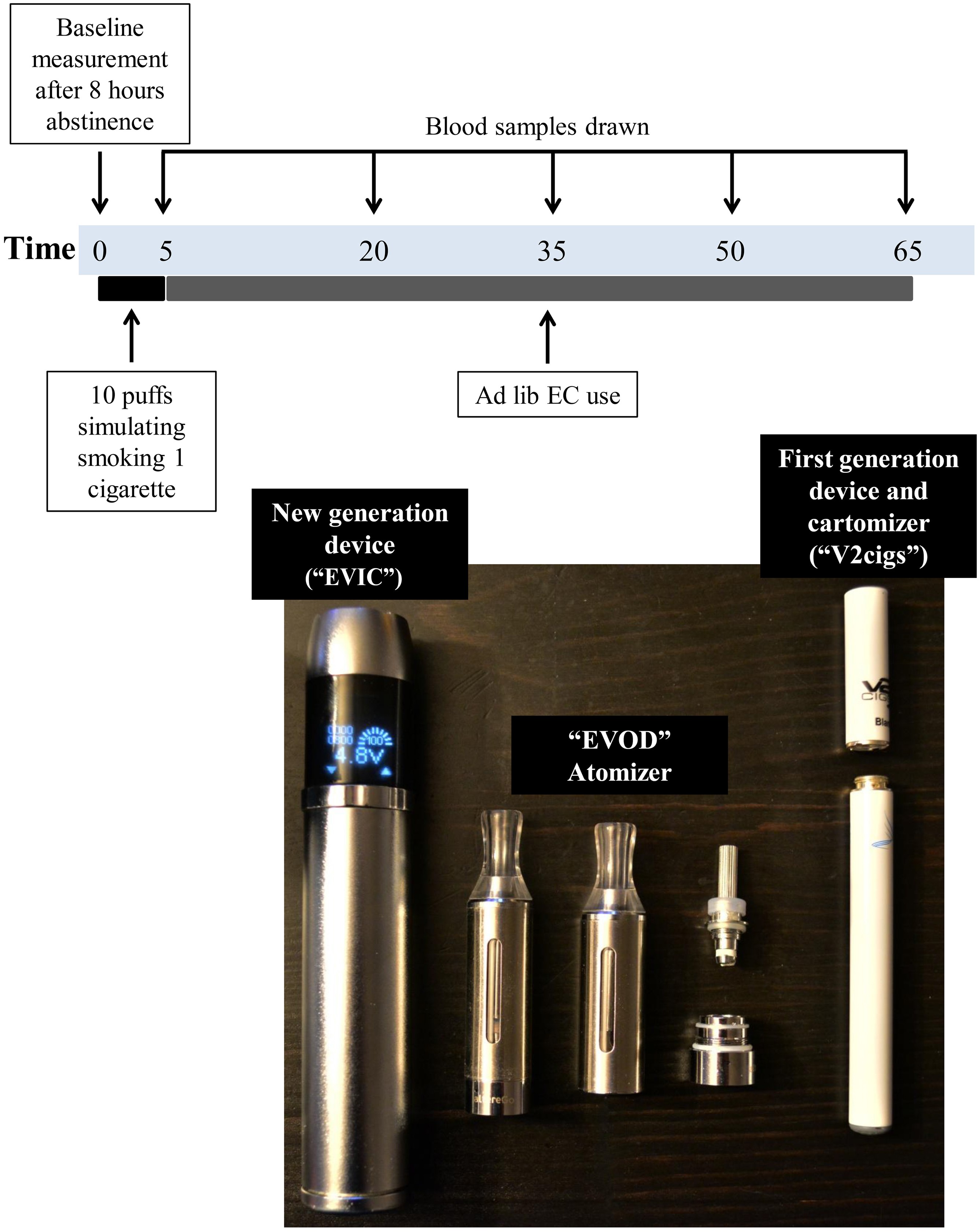The term "self-centered generation" has been used to describe the younger generation of people who are perceived as being more focused on themselves and their own desires and needs than on the needs and desires of others. This perception is often used to criticize the younger generation for being selfish, narcissistic, and lacking in empathy. However, it is important to consider the context and reasons behind this perceived shift in values and behavior, rather than simply condemning it.
One possible explanation for the rise of the self-centered generation is the increasing individualism that has characterized modern society in recent decades. Individualism, which emphasizes the importance of personal freedom and self-fulfillment, has become increasingly prevalent in Western societies, and this may have contributed to a greater focus on the self. In addition, the increasing use of social media and the proliferation of personal branding have also played a role in promoting a more self-centered approach to life.
However, it is important to recognize that this trend towards greater individualism and self-focus is not necessarily a bad thing. While it is important to be empathetic and considerate of others, there is also value in being self-aware and pursuing one's own goals and interests. In fact, a certain level of self-focus and self-esteem can be important for mental health and well-being.
Furthermore, it is important to consider that the younger generation may be more self-centered not because they are inherently selfish or lacking in empathy, but because they are facing different challenges and pressures than previous generations. For example, the younger generation is often more diverse and more accepting of diversity, which may lead to a greater focus on individual identity and self-expression. They may also be facing more economic and social challenges, such as high levels of student debt and precarious employment, which may make them more focused on their own needs and goals.
In conclusion, the concept of the self-centered generation is a complex one that cannot be reduced to simple stereotypes. While it is important to be mindful of the needs and feelings of others, it is also important to recognize that the younger generation may be more self-centered for a variety of reasons, including the increasing individualism of modern society and the unique challenges and pressures that they face. Rather than condemning this perceived shift in values, it is important to understand and consider the context in which it is occurring.







